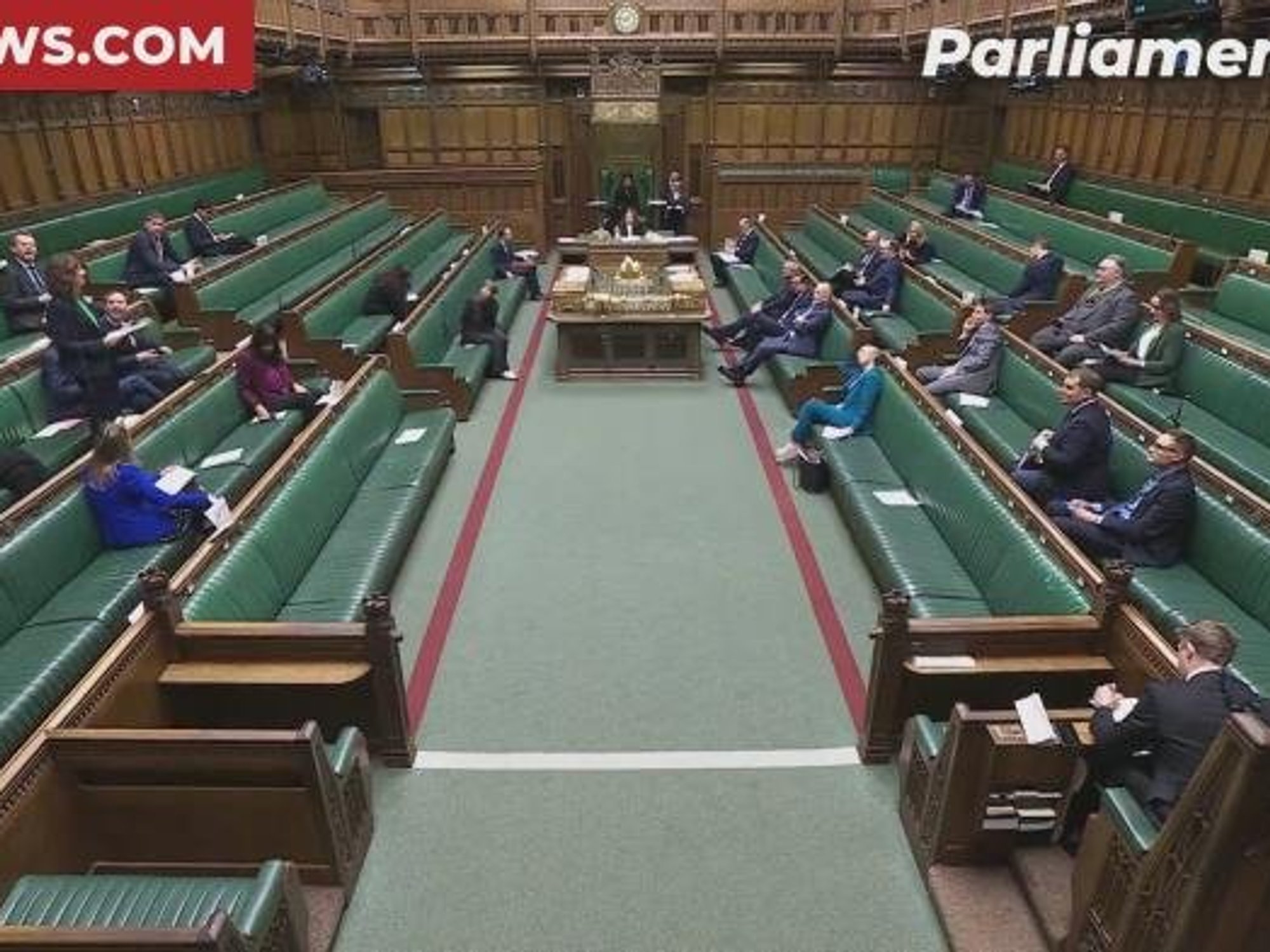Rachel Reeves backs away from electric car plans as funding for major roads slows down
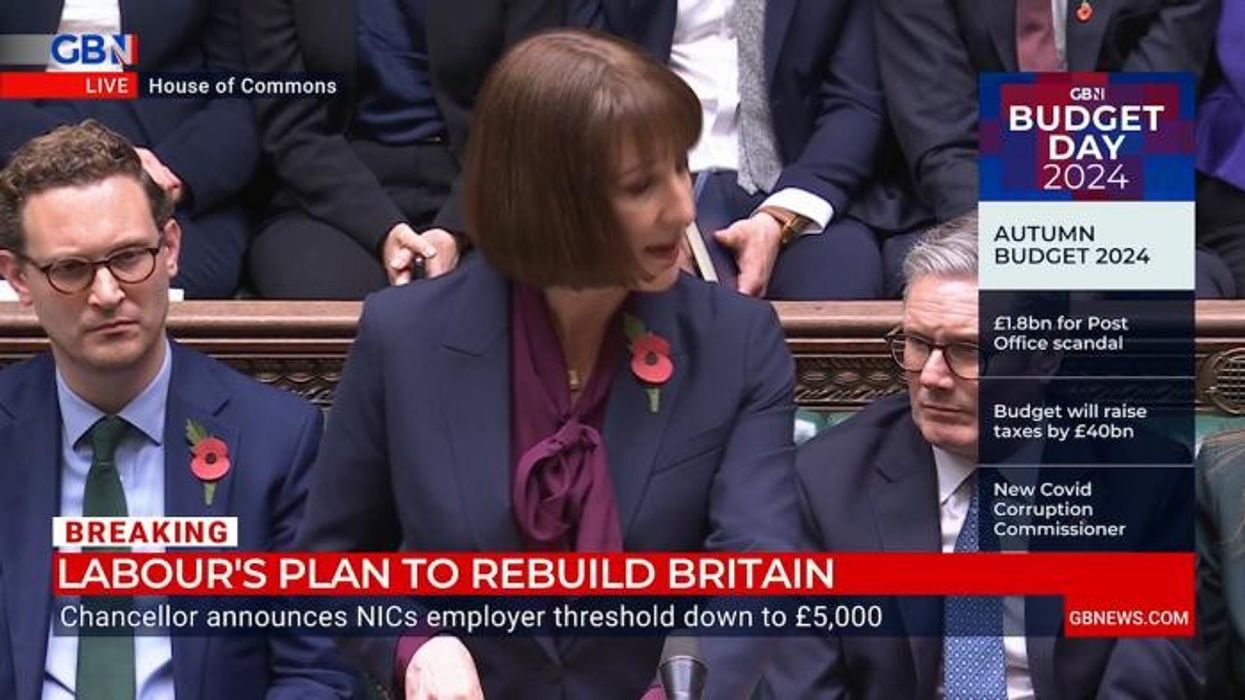
WATCH: Rachel Reeves says she will continue to support the purchasing of electric vehicles
|GB NEWS

The full £900million funding for electric vehicle chargers near motorways was not fully upheld by Labour
Don't Miss
Most Read
Latest
Labour ministers have abandoned a major commitment to installing rapid electric vehicle chargers near motorways, which risks impacting the net zero progress.
The rapid charging £900milion funding initially unveiled by Rishi Sunak in 2020, when he served as Conservative Chancellor, aimed to upgrade the electrical grid to support multiple vehicles charging simultaneously at motorway services.
But the Department for Transport confirmed the previous Government's promise lacked formal budget allocation, rendering it unfunded.
Rachel Reeves instead has allocated £400million across five years "to support the rollout of charging infrastructure" during this month's Spending Review, following an earlier £200million announcement in the Autumn Budget.
Do you have a story you'd like to share? Get in touch by emailing motoring@gbnews.uk
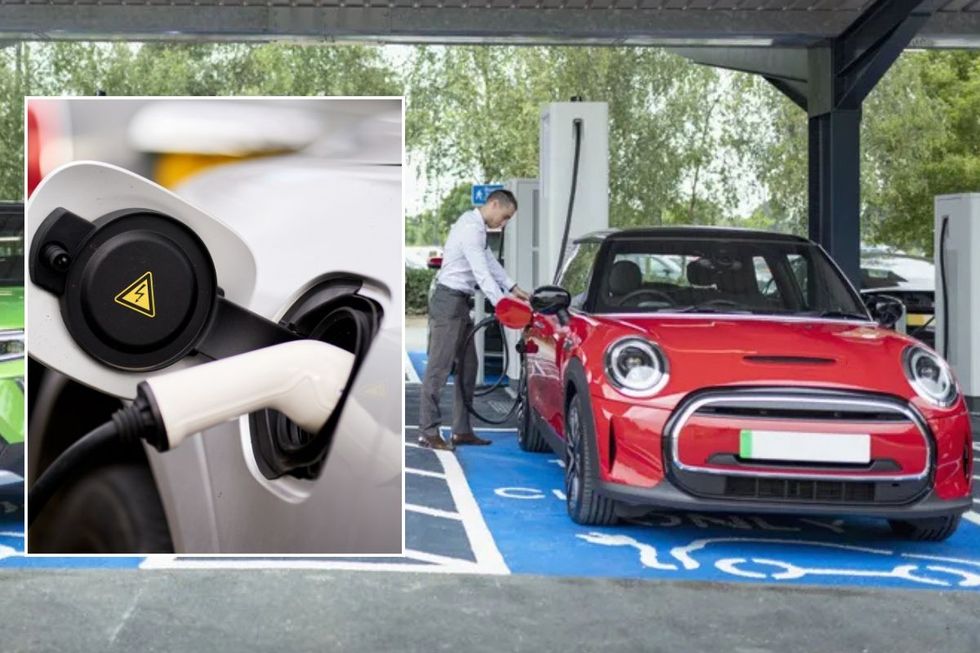
The previous Conservative Government agreed to allocate £900million to electric car charging funds
| GETTYThe funding will predominantly support charge point installation in less affluent areas where private investment has been limited.
Industry figures have expressed disappointment at the decision, arguing the full £950million should have been maintained for electric vehicle initiatives.
John Lewis, chief executive of char.gy, which operates on-street chargers, welcomed the £400million commitment but told The Guardian: "Couldn't the full amount have been directed towards the EV effort whether through the continued rollout of on-street charging or other consumer incentives to give people greater confidence to make the switch to electric?"
Meanwhile, Quentin Willson, founder of FairCharge and former Top Gear presenter, also criticised the reduction in funding.
He said: "Withholding unused RCF funds and not diverting them towards other EV charging initiatives isn't a great look for the Government. It opens them to obvious questions about their commitment to the EV transition."
The rapid charging fund was first announced in 2020 as part of efforts to accelerate electric vehicle adoption across Britain.
However, the scheme became entangled in implementation difficulties and concerns about potentially favouring certain motorway service operators over others.
The Guardian reported in March that Ministers were already contemplating redirecting the proposed funding away from motorway services following industry criticism of the fund's structure.
LATEST DEVELOPMENTS:
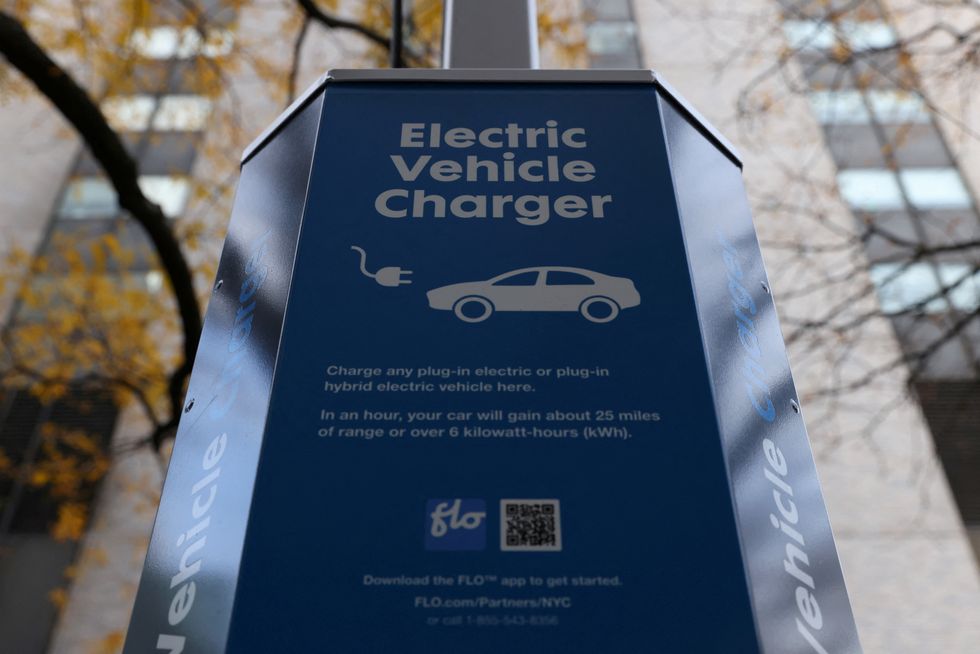
Rachel Reeves allocated £400million to an electric vehicle charging network across five years
| REUTERSThe programme had faced persistent delays throughout its five-year existence without delivering any charging infrastructure.
A Department for Transport spokesperson stated: "The rapid charging fund was designed to support the rollout of charging infrastructure on motorways and major A roads, but the previous Government did not set out detailed plans to deliver this."
Despite the funding reduction, Britain's charging infrastructure continues expanding rapidly. The UK surpassed 80,000 public chargers in May, marking a 29 per cent increase from the previous year, according to data company Zap Map.
The Department for Transport noted "the number of open-access rapid and ultra-rapid charge points within one mile of the strategic road network has almost quadrupled in the last three years alone".
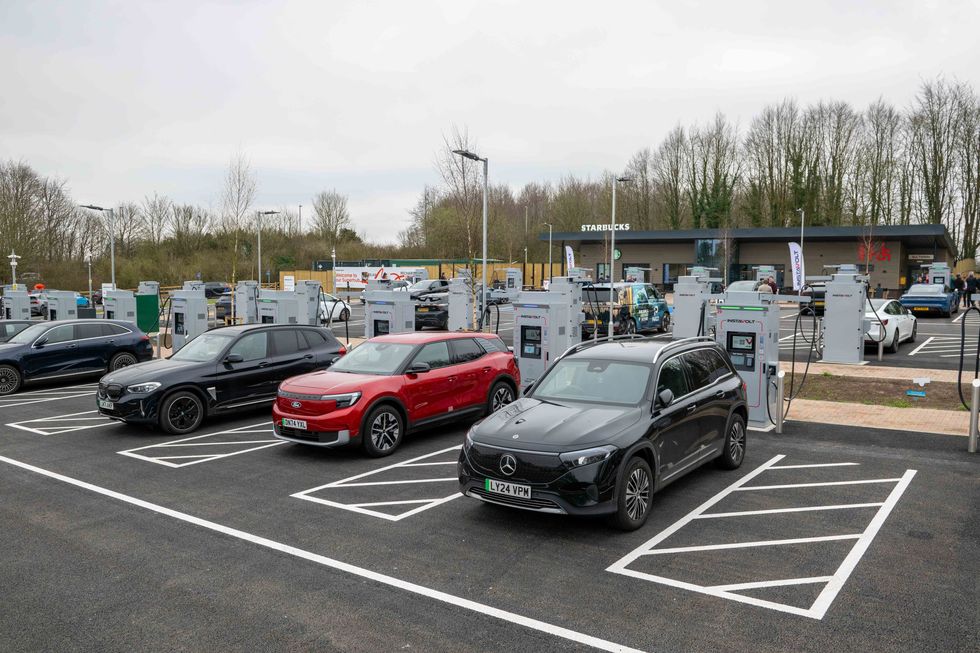
Experts have called on Labour to add more funding to electric car charging stations along motorways
| PAThe market has transformed significantly since the fund's 2020 announcement, with private investment driving much of the growth.
The focus has shifted from rapid motorway chargers addressing range anxiety to slower on-street alternatives serving residents without private parking spaces.
Ian Johnston, chief executive of Osprey Charging added: "New funding should be more effectively deployed on projects in prime locations where the grid connection costs render the site unviable whether A roads, underserved regions or the small number of motorway locations with unviable grid rather than gifted to all motorway sites regardless of the costs, as was envisaged under the RCF."
Johnston also advocated for regulatory changes to road signage permissions, enabling charge points to be advertised more effectively to motorists.







